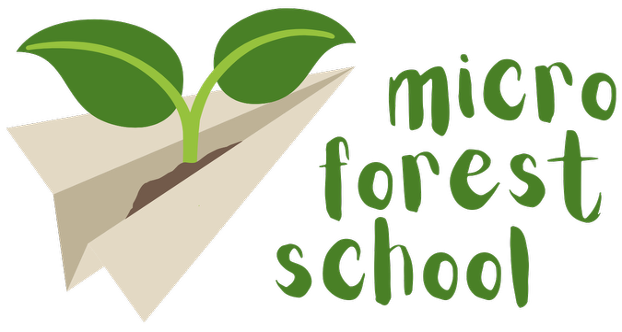The project addresses the biodiversity crisis in European cities by combining micro forests with education and community involvement. Using the Miyawaki method, it promotes urban biodiversity, ecosystem restoration and climate action. Engaging schools, parents and communities fosters environmental awareness and action, while micro forests enhance biodiversity, enrich soil and absorb carbon. By linking education to community initiatives, the project equips participants with essential sustainability knowledge and skills.
Project
MICRO FOREST SCHOOLS
Urban micro forests in primary school education
Date of implementation
Till 1 December 2024
Funding Institution
Unione Europea – ERASMUS+ - KA220-SCH - Cooperation partnerships in school education
Webpage
https://microforestschools.vejle.dk/
Info & Contact
Margherita Rosi

Beneficiaries
- Primary school teachers
- Primary school pupils
- Civil society, local communities and families around the schools
- Policy makers and education providers
Objectives
- Designing an educational framework to equip primary school educators with tools for fostering pupils’ competencies, environmental consciousness, and community-oriented mindsets, anchored in hands-on biodiversity projects like establishing school-based micro-forests
- Driving tangible impact by co-creating localized solutions for urban biodiversity, engaging teachers, students, families, and community members in collaborative activities that strengthen ecological stewardship and participatory decision-making
Actions
- Develop a comprehensive primary school curriculum tailored to educational standards
- Deliver teacher training programs through interactive eLearning modules and facilitate cross-country online exchanges among schools in the three partner nations
- Conduct pilot testing of the curriculum and eLearning resources in collaboration with local schools and involved communities
- Assess project outcomes, educational relevance, and long-term impact potential through systematic evaluation
- Create actionable recommendations for the effective integration of project methodologies and findings, targeting key stakeholders and policymakers
Impact
- Enhanced competencies in biodiversity challenges, climate action, and reforestation among teachers, students, and community representatives through specialized educational resources (minimum 50% knowledge improvement)
- Heightened recognition of urban micro-forests’ ecological value, coupled with a shift in environmental stewardship attitudes and increased motivation for proactive engagement (minimum 85% awareness rate)
- High participant satisfaction regarding the effectiveness and structure of professional development initiatives and collaborative exchanges (minimum 85% approval)
- User approval rating of at least 85% for the eLearning platform’s usability, content quality, engagement features, accessibility, and adaptability
- Platform engagement with a minimum 60% course completion rate among enrolled participants
- Favorable assessment (85% or higher) of the recommendations’ clarity, feasibility, and practical application for stakeholders
Results
- WP1 – Project management tools, dissemination of the project results and products, 3 transnational partner meetings, 3 local and 1 international dissemination events
- WP2 – Teaching curriculum and testing that will provide teachers and pupils, and secondarily parents and local communities, with relevant competences, mindsets and knowledge to support local green action, mobilisation and awareness-raising
- WP3 – eLearning Course and online platform to promote the teaching curriculum and online exchange between the project participants
- WP4 – Evaluation report on the project results and recommendations on implementation of the project results and products
Partners
- VEJLE KOMMUNE (coordinator, Denmark)
- Athens Lifelong Learning Institute – Civil Non Profit Organisation (Greece)
- Land Impresa sociale s.r.l. (Italy)
- C. Cassarà-Guida (Italy)
- Directorate of Primary Education of C Athens (Greece)
- Omstilling Nu (Denmark)
Nº project
KA220-SCH-8E92BC0E
Funded by the European Union. Views and opinions expressed are however those of the author(s) only and do not necessarily reflect those of the European Union or the European Education and Culture Executive Agency (EACEA). Neither the European Union nor EACEA can be held responsible for them.
